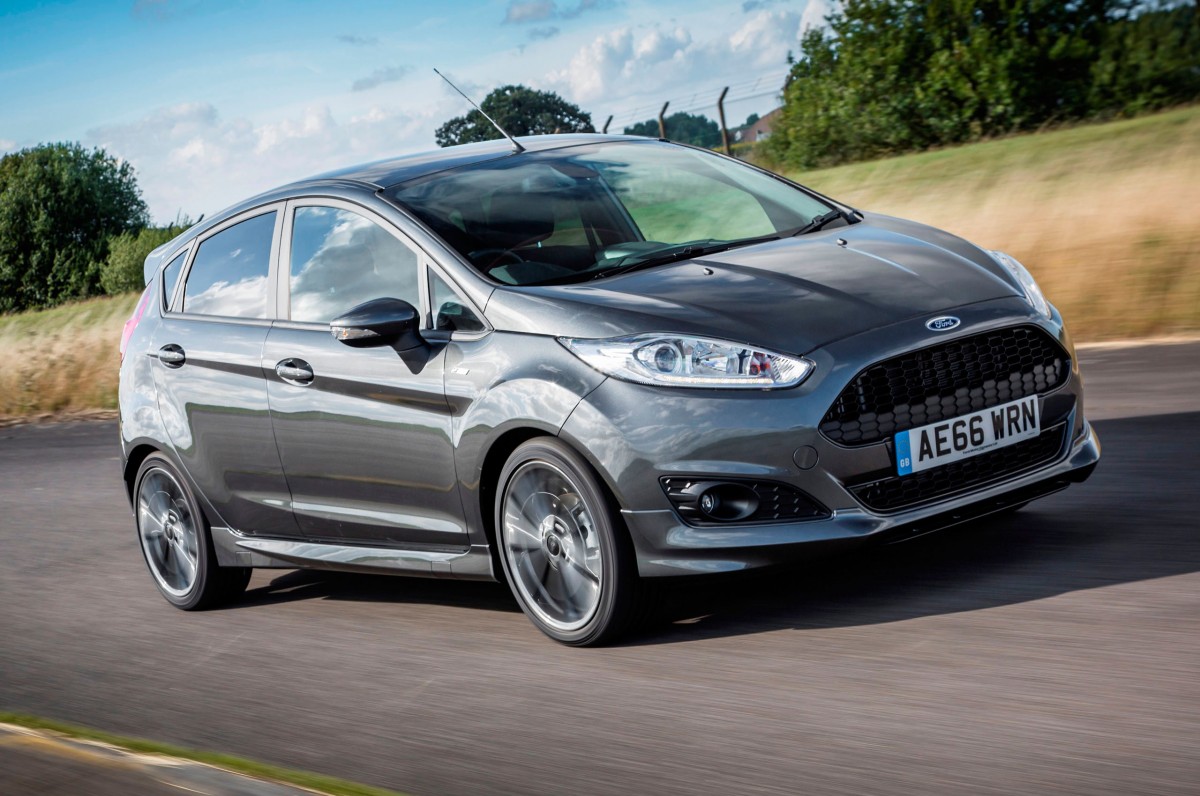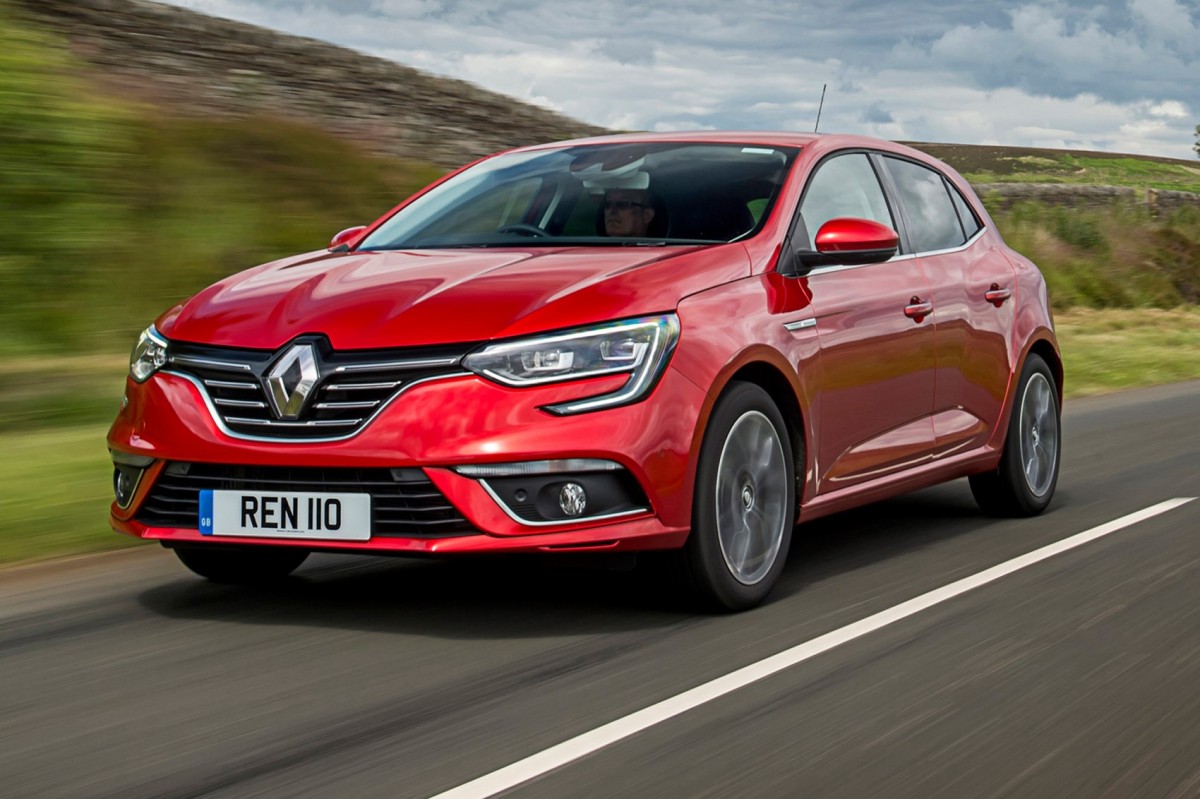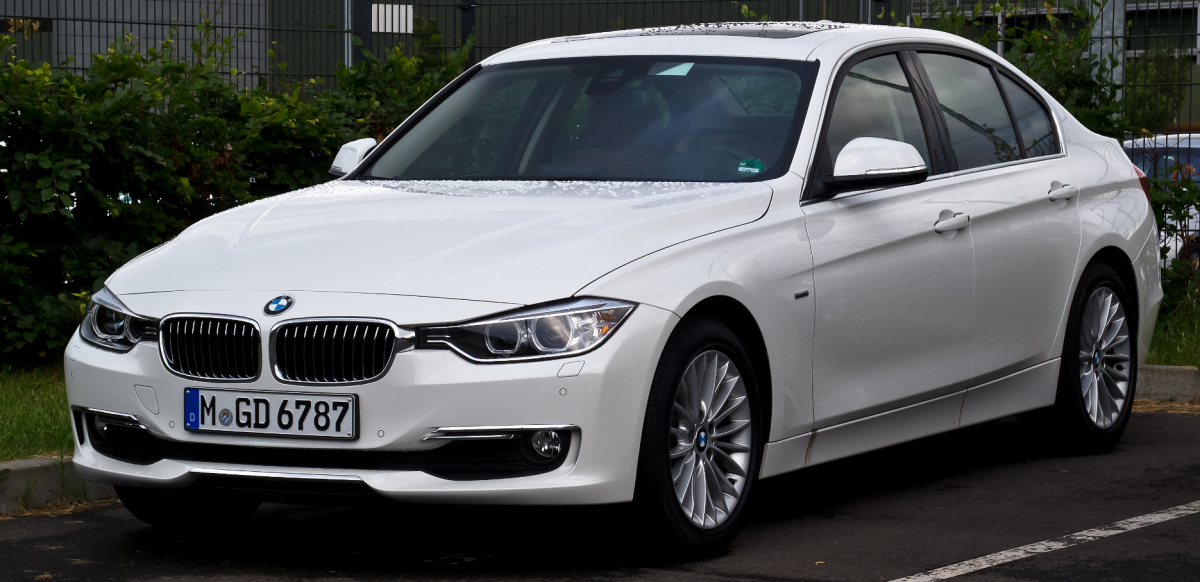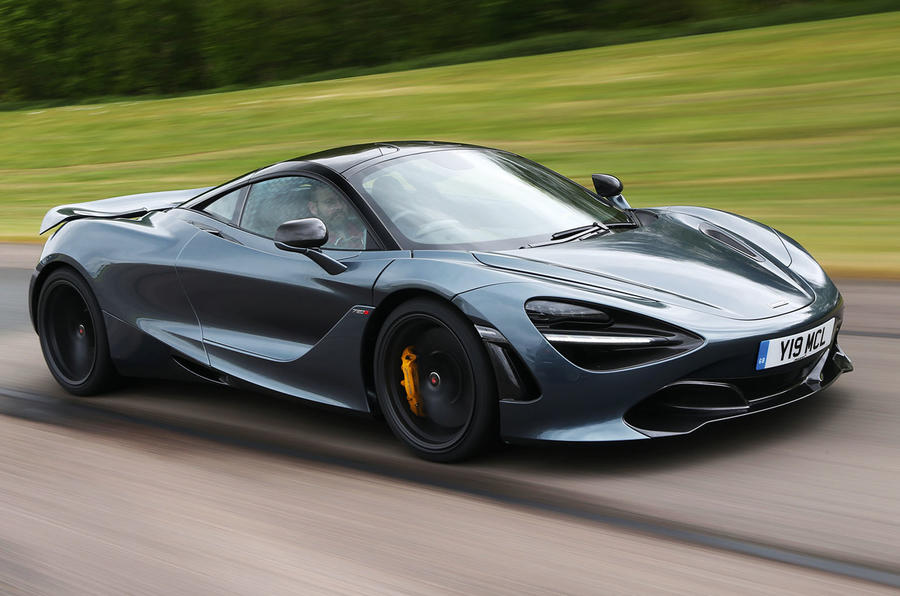Photo by Mike from Pexels
Car Engine Sizes
A key area for many car buyers before purchasing a new car is engine size; which can seemingly have a large impact on the performance, economy and value. A car’s engine is more or less the heartbeat of the vehicle. You want the source of power to suit your requirements, so it is important to do your research! There are loads of different types of engines with different sizes and power. But what does the engine size actually mean?
A car’s engine size is basically the volume of fuel and air that can be pushed through a car’s cylinders. Engine sizes are usually specified in litres, and rounded up to the nearest tenth. You don’t need to worry about that, as we have explained it all for you further down!
Under 1.0-Litre (Petrol):

1.0-litre engines usually have 3 or 4 cylinders plus a turbocharger for an extra boost in power. They can be found in a wide range of different cars and models, but more commonly in small city cars such as the Fiesta or i10. The huge benefit to these engines is their economy figures, as most will impress in that aspect. The downside is you have to rev the back-side off of it to overtake anything!
1.0-2.0 Litre:

You can expect to find these engines in even more variants than the smaller versions! From SUVs to Hatchbacks, mid-size engines are durable, economic and more powerful than you may give them credit for. Most in this group have around 150hp and are 1.4-litres in size – though Renault and Mercedes use a 1.3-litre engine and VW has a 1.5.
2.0-3.0 Litre:

Now, this is where most people will put their money, these engines have become a staple for the likes of the BMW 3 Series and VW Golf R. Most in this group are 2.0 four-cylinder turbos. Being on the larger end of the engine spectrum has its perks such as extra power, but be wary of fuel economy!
More than 3.0 Litres:

Engines larger than 3.0-litres are usually reserved for the big luxury saloon cars/ SUVs such as the Range Rover and the faster performance cars. They come with a varying amount of cylinders from six up to twelve!
What Engine Size is in My Car?
The size of your car engine can be found in the owner’s manual, or you can use the car’s VIN on the driver’s side of the dashboard. Contact the manufacturer using the VIN and they should be able to tell you the size of your car’s engine. Or, even easier, use the wonder of the internet… Google it!
What Engine is Right for Me?
What size engine you’ll need will depend on what you are looking for from your car. For example, if you’re looking to save money or are on a budget, looking for lower fuel costs and cheaper insurance, you may look for a lightweight car with a smaller engine.
If an improved driving experience and more bang for your buck is your preference, a sporty car with a larger engine may be the way to go. If you do a bit of everything and want a car that’s good for the daily commute and provides plenty of power, a car with a moderate-sized engine could be for you.
What is the Best Engine Size?
There’s no particular ‘best’ engine size, as previously mentioned it will all depend on your needs. If all you use your car for is to travel back and forth to work, a car with a large engine may be costing you more money than you need to pay. Smaller cars with an engine size of around 1-1.9L tend to be the most economical and are much better for inner-city driving.
Engine Sizes for New Drivers
As cars with smaller engines tend to be easier and cheaper to insure, people that have just passed their test and are looking for their first car should look towards these smaller engine vehicles. The likes of a Vauxhall Corsa with its 1.2-litre petrol or a Peugeot 108 with its simplicity.
Let CarMoney Help!
We are experts at finding the best car finance deals to suit what you need! If you are in the market for a new/used car, we can make getting finance easier than 1,2,3-litres… sorry!
Even if you haven’t found your next car, one of our finance ninjas can help. Just give them a call and tell them what you are looking for from your car, and they will do the rest! Or find your next four-fendered friend with our search function. Why not try our no-obligation car finance calculator and see which one of our panel of lenders could get you driving!
